How Playing Path of Exile Helped Me Win More at Magic
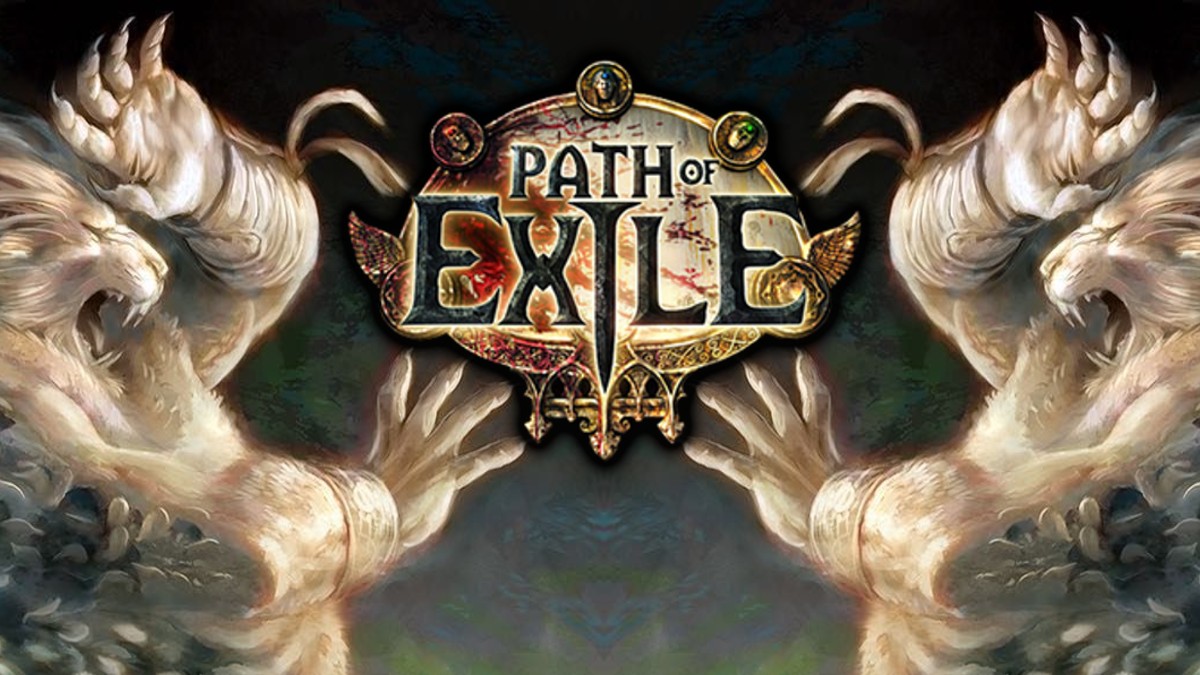
How can I become a better Magic player?

For me, a large part of the answer is, unintuitively enough, to play another game. Sometimes I'll delve into a deep strategic game like chess; sometimes it's playing a different deckbuilder like Monster Train; sometimes, relaxing with a social game like Among Us is just what the deck doctor ordered. Most recently, that game has been Path of Exile. And a lot of it.
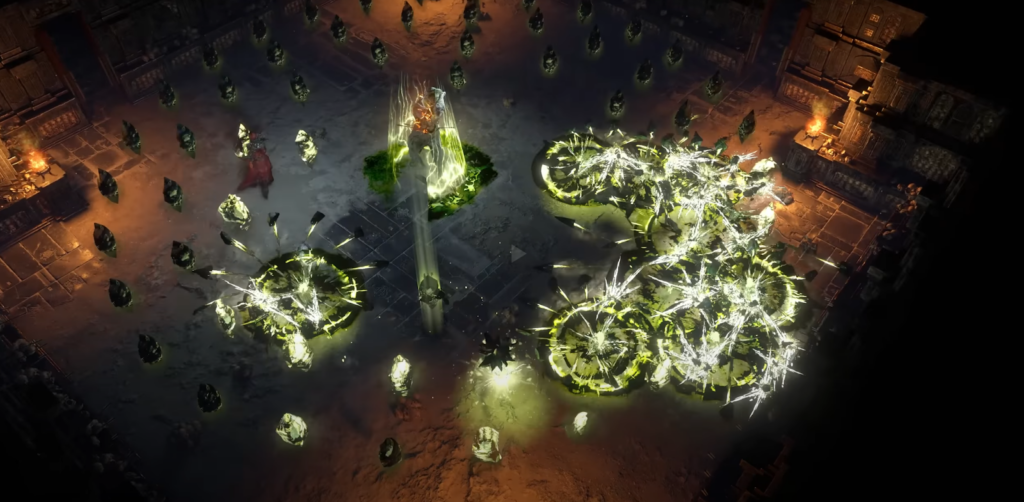
No, not Path to Exile; Path of Exile, an action RPG that's been running strong for the past 9 years. Like its spiritual predecessors Diablo and Diablo 2, the core loop of Path of Exile is leveling up your character to kill monsters, take their stuff, and use that stuff to kill even more monsters even more quickly. Rinse and repeat until satisfied.
Beyond putting a lot of time into Path of Exile's normal mode, I also spent the past few weeks helping alpha test a new game mode, "Ruthless," that's launching with Path of Exile's latest expansion later this week. What does that have to do with Magic?
As it turns out, Path of Exile and Magic have a lot in common. Both games are open-ended and deeply complex. Both games' developers offer a variety of structured options for engaging in play (delineated formats in Magic's case, seasonal leagues for PoE). And while both games allow for plenty of self-expression, each game has an unmistakable metagame: not just in the straightforward sense of what's popular to play, but also in the broader sense of certain playstyles or game choices being considered numerically or strategically superior to others.
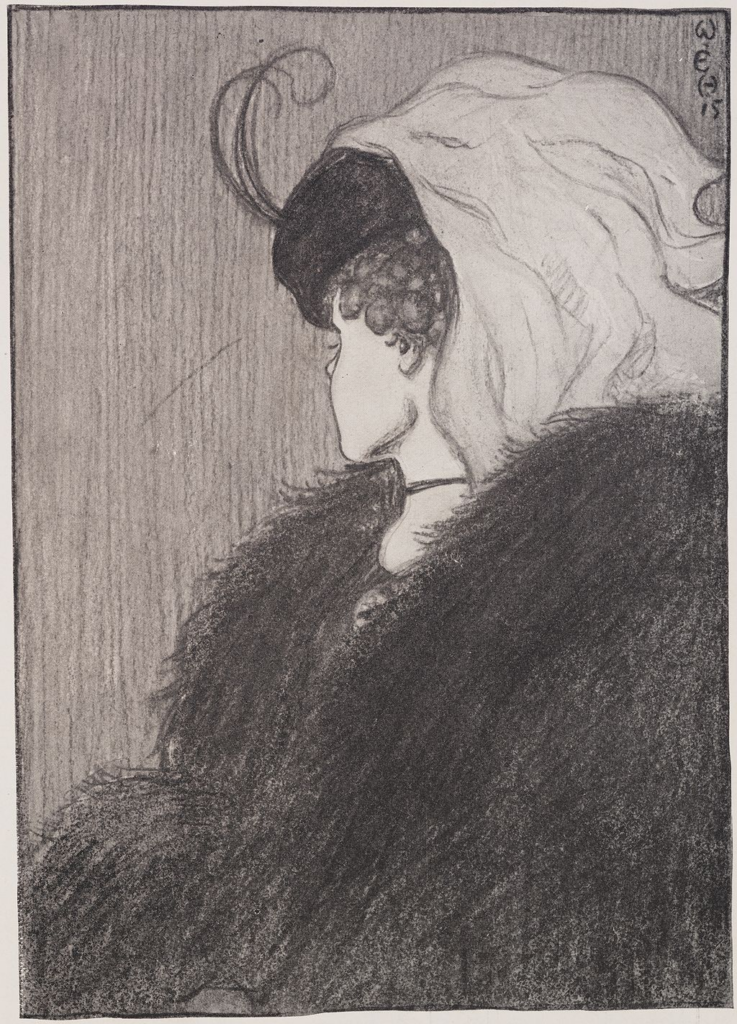
Sometimes, when you're stuck on an overly familiar problem, you need a new perspective to break out of your rut. It's like the famous optical illusion of the old and young women: focusing on a different part of the picture can help you break your initial assumptions and find the second figure. In my case, playing Path of Exile has helped me become a better Magic player and deckbuilder. So let's talk about what I've learned.
Spectrums of Power
When it comes to Commander, I've always had more fun playing decks than building or tuning them. This is probably why my favorite way of playing Commander is to simply borrow a deck from whoever's hosting the game.
But my preferences for Path of Exile couldn't be more different. It turns out I love theorycrafting different character builds, experimenting with strange rules interactions or unusual strategies, and calculating whether equipping a certain extremely rare item can help me squeeze out 1% more damage.
Early in my explorations into the wide world of Path of Exile, I relied heavily on established players' and streamers' guides for helping me plan out my character and progress from a humble level 1 outcast to a level 90 endgame hero. But as I became more familiar with the intricacies of the game, something wonderful happened: I became more comfortable deviating from "the plan" and making my own tweaks. Some of these were simply to match my own preferences and comfort more closely, but many were concrete, quantifiable mechanical advantages.
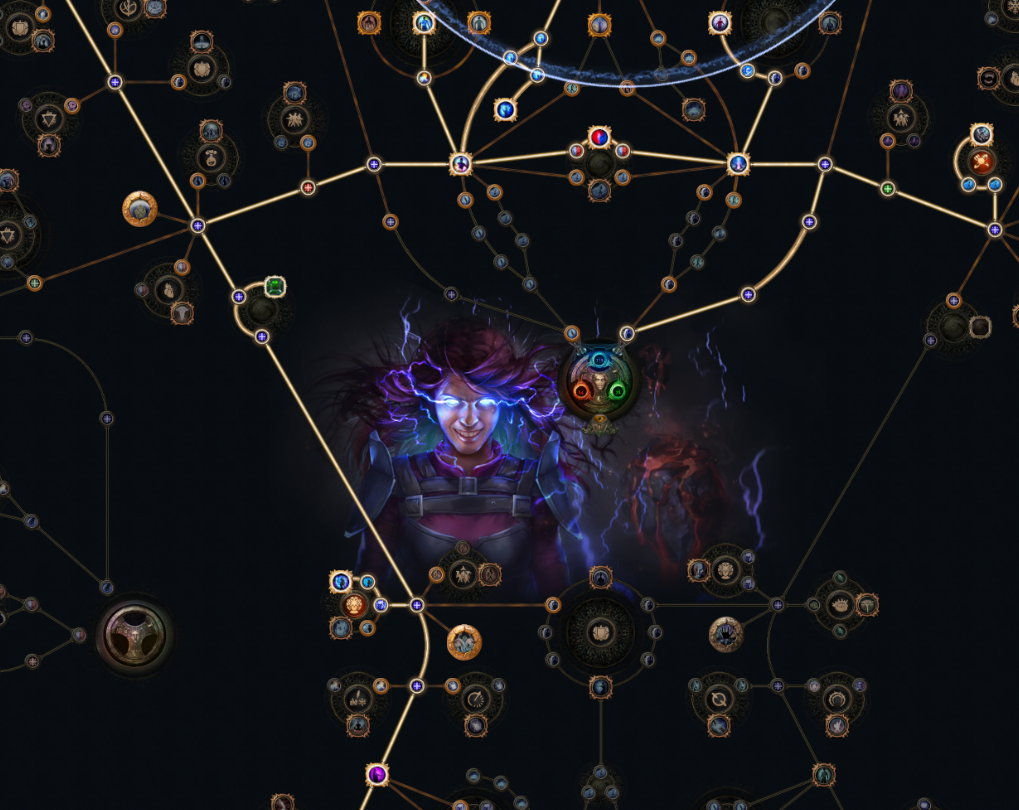
At the same time, I gained a better understanding of why certain character archetypes (or decks) are constructed the way they are. Let's take a relatively simple example from Path of Exile: movement skills. Movement skills are a set of abilities that help you, well, move faster. There are a dozen or so of them, each with their own quirks and behaviors, and they're all readily available to use. While some of the variations on these skills might seem minor, they have important consequences for how different builds play out in practice and stack up against each other. Do you prefer a series of short dashes, with uses that you can split up over time? Or are you happier with a single, more powerful blink that can also freeze your enemies but takes longer to recharge? And while nothing stops you from accessing multiple movement skills, you can only "slot" so many skills into your character - are you willing to give up some damage or survivability in exchange for more flexible movement?
This is just the smallest sampling of the choices that Path of Exile offers.
Much like crafting strong manabases in Magic is an underrated skill, movement skills aren't flashy and are rarely considered a major part of a character; nevertheless, they're integral to playing the game at a high or even medium skill level. You want to include at least one movement skill in basically every build. If you don't, you're leaving something on the table.
In this sense, movement skills are an example of the lower limits of what it takes to be a viable character in Path of Exile. On the flip side, Path of Exile offers numerous "chase" items that are extremely rare, requiring huge amounts of time, skill, and/or luck to acquire. Many of these, like the infamous Headhunter or Mageblood belts, aren't just status symbols; they also make your character massively powerful. A Magic analog would be the heyday of Baneslayer Angel in Magic 2010. She was expensive because she was the perfect storm of rare, flashy, and powerful.
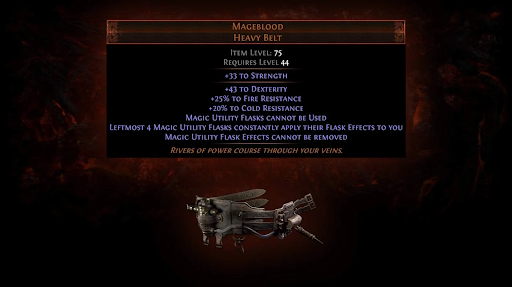
Items and cards like these represent the upper limits of their respective game. If you want to become a better player and deckbuilder, you need to understand both these upper and lower limits, or at least as they pertain to your favorite format or local metagame. If you're building a new deck for today's Standard, you probably want a plan for beating a turn-three Liliana of the Veil. (Is it 2011 again?) Pioneer brewers need to contend with a wider variety of threats, from an early Greasefang, Okiba Boss to a potentially game-dominating Teferi, Hero of Dominaria.
And in Commander? Part of the beauty of the format is that, quite simply, it depends. Cards like Sol Ring and Dockside Extortionist represent a certain extreme of power in the format, but maybe your playgroup has soft-banned those cards, so that part of the power spectrum simply doesn't exist for you. Or perhaps your tables are explicitly high-powered or cEDH by default, chopping off the lower end instead.
The predominant playstyles and patterns among your playgroup also make an impact here. If Stax pieces and hatebears run rampant in your group, maybe you need more interaction and more uncounterable answers just to hang in there. Or if your friends tend to eschew creatures entirely, perhaps it's time to shave on a wrath or two.
Where many other formats tend to have the moral equivalent of a "you must be this tall / interactive / powerful to enter" sign, the play patterns in Commander are significantly more variable. Although it's definitely still important to understand the pillars of the format and some of the common play patterns, the format's multiplayer focus and more casual nature dramatically opens up the range of possible decks.
That flexibility, in turn, allows for the existence of Commander decks that deliberately add restrictions in the name of aesthetics, novelty, or fun, like Goblin theme decks, or only using old-bordered cards. This brings us to the next lesson I've learned from Path of Exile.
Ruthless: Doing More with Less

The Iron Man movies are full of comparisons between Tony Stark and other scientists. An iconic example shows up early in the series when Obadiah Stane, frustrated that his flunkies can't figure out how to replicate Tony's miniature arc reactor, berates an underling: "Tony Stark was able to build this in a cave! With a box of scraps!" What if being stuck in a cave with a box of scraps was something you could opt in to... intentionally?
At least in Path of Exile, you can do exactly that through a new mode called Ruthless, which launches later this week. Initially conceived as the simply named "Hard Mode," Ruthless is a version of Path of Exile where enemies drop less loot, the game is more challenging overall, and your choices are more consequential than ever. For example, remember those convenient movement skills I talked about earlier? Gone. If you want to dodge a boss's powerful slam attack, you can't just blink out of the way; you'll have to run with your own two feet.
And as it turns out, Ruthless is still a ton of fun. When you have less, everything matters more. And because characters are less powerful, the game gets a little slower and more deliberate, which ramps up the tension of worrying that you might die at any moment. Even during the alpha test, I felt like my Ruthless progress was more meaningful and significant than in the non-Ruthless mode.
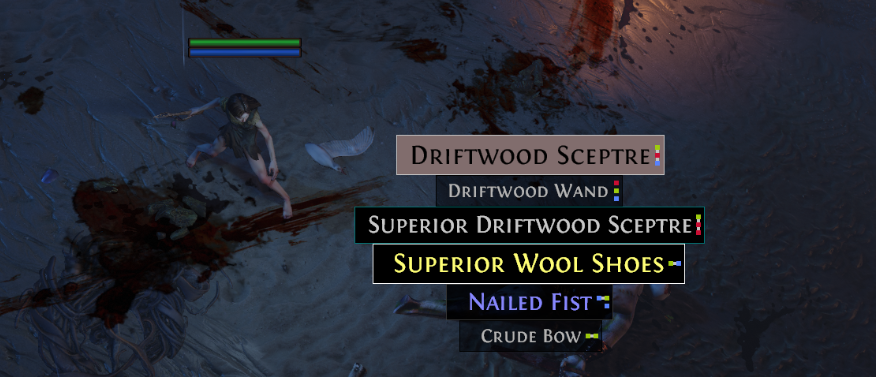
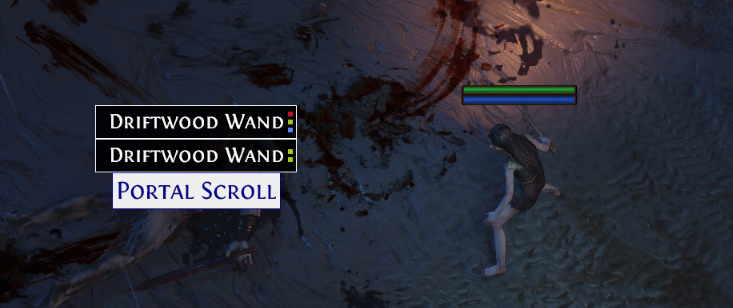
In that way, Ruthless reminds me a bit of Commander Draft. It's still Magic and it's still (mostly) Commander, but drafting forces you to make trade-offs and sacrifices that Constructed normally doesn't. Much like Ruthless, Commander Draft is lower-power, and every card really matters.
As I thought more about it, I realized deckbuilding in Commander is full of constraints, but they're often invisible to us. Whether due to card availability, a planned deck theme, or even something as simple as force of habit, there are numerous cards that we never give a fair shake to consider putting in our 99.
But as I've learned from Ruthless, it can be good to shake things up. By being more aware of constraints we're operating under, either consciously or unconsciously, we can become better, more conscientious deckbuilders, and hopefully have more fun along the way.
Decide What Fun Means For You
The idea of fun brings us to our third and final lesson from Path of Exile.
While I previously described Path of Exile as a simple loop of killing monsters and taking their stuff, in actuality, PoE can be surprisingly open-ended, especially as you reach the true endgame, a system called the Atlas of Worlds. As you choose how to progress through the Atlas, Path of Exile's developers have baked in myriad options for how you spend your time, from chasing uber-powerful bosses until you can finally challenge them in their lairs, to exterminating hordes of creepy-crawly minions that emerge from interdimensional portals or abyssal chasms. The upcoming expansion will even feature an optional roguelike dungeon reminiscent of Slay the Spire or Hades. You can pursue the content (and difficulty level) that your character is most adept at clearing, simply execute what you think is the most efficient farming strategy, or simply roll the dice and see what the game throws at you.
Beyond that layer of choices, Path of Exile is full of opportunities to set your own goals. Some players love to collect one of every unique item (a bit like collecting every legend or planeswalker). Grinding all the way to level 100, the max level, is a major achievement in itself. Especially for newer players, simply reaching an in-game milestone for the first time - like finishing the main story quests - can be a lofty goal. Much like going undefeated at FNM or winning your first cEDH pod, Path of Exile and Magic are both rich with potential "first"s.
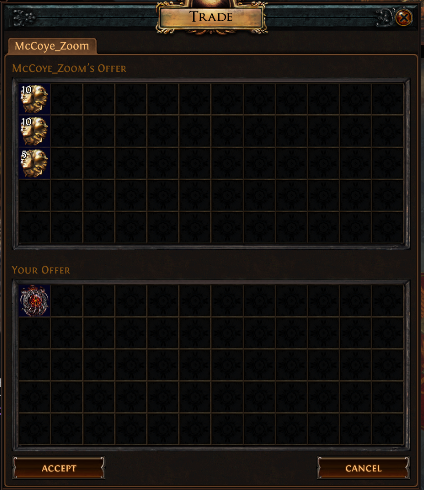
Outside of Commander, I'm a pretty Spikey player; I play to win. But when I play Commander, I have different priorities. I want to have a good time, and while it's fun to win, what I really care about is playing out the story that I'm now helping to write. In Commander, fun can mean anything from pulling off an elaborate combo, getting to cast my new alt-art Bearscape, or simply hanging out with friends, old and new.
Much like Magic is a lifestyle hobby as much as it is a game, Path of Exile is a game without any particular defined end, just a time you choose to put the mouse or controller down and stop playing. Magic and Path of Exile both challenge me to answer: how will I find my fun this time around?
Whatever the answer is, I hope you'll join me on the journey. See you in the next pod!